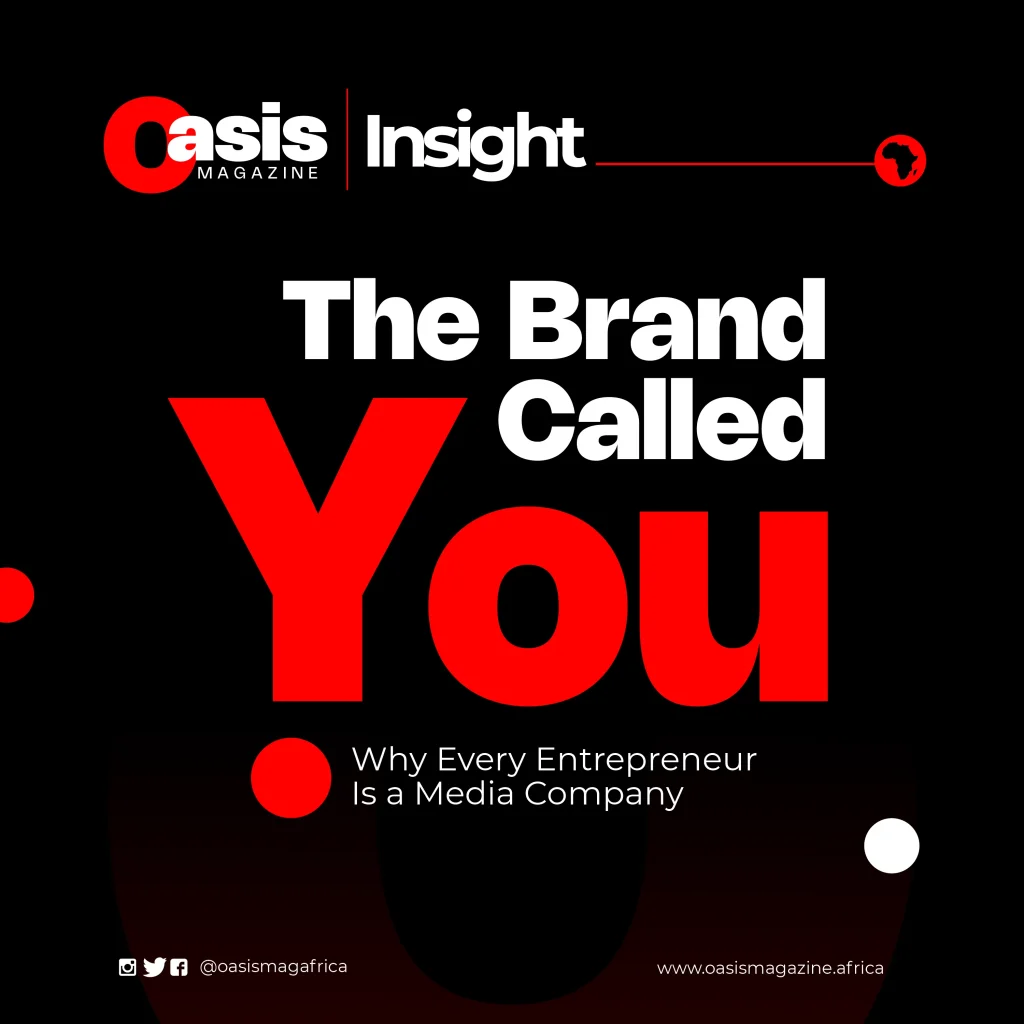Executive Summary: The New Algebra of Value
The era of capital as the sole engine of investment returns is over. In 2025, the world’s most sophisticated investors—from global asset managers to Africa’s next-generation venture builders—are redefining success through a multidimensional lens of value: intellectual capital, human potential, social trust, and ecosystem resilience.
New data from the Global Impact Investing Network (GIIN) and Boston Consulting Group reveals that portfolios integrating non-financial value drivers outperform traditional benchmarks by 18–27% over five years, with significantly lower volatility during market shocks.
Nowhere is this shift more evident—or more transformative—than in Africa, where capital scarcity has catalyzed a radical reimagining of what it means to build enduring wealth.
I. The Myth of Capital Supremacy
For generations, investing was a transactional calculus: deploy capital, extract returns, exit. But in an age of algorithmic markets, democratized funding, and climate-driven disruption, money alone is no longer scarce—or strategic.
What is scarce?
- Trust in institutions and leadership
- Talent capable of navigating complexity
- Ecosystems that turn ideas into scalable impact
As one partner at a leading African VC firm puts it: “We don’t ask, ‘How much can we invest?’ We ask, ‘What can we help create that wouldn’t exist without us?’”
This marks a fundamental pivot: from capital allocation to value architecture.
II. The Four Pillars of Value-First Investing
Today’s most successful investors measure returns across four interlocking dimensions:
1. Intellectual Capital
They fund not just products, but knowledge infrastructure: AI research labs in Accra, agritech innovation hubs in Kigali, and open-source fintech protocols in Lagos. These become magnets for global talent and R&D partnerships—multiplying value far beyond initial investment.
2. Human Capital
Forward-looking funds embed talent development into their DNA. South Africa’s Endeavor and Nigeria’s Future Africa don’t just write checks—they run founder academies, executive mentorship networks, and cross-border talent exchanges. Their portfolio companies grow faster because their people do.
3. Social Capital
Trust is the new beta. Investors are measuring reputational equity, community embeddedness, and stakeholder alignment as rigorously as EBITDA. In Kenya, a solar startup’s ability to co-design solutions with rural cooperatives became its defensible moat—driving 3x customer retention versus competitors.
4. Ecosystem Capital
The highest-leverage investments don’t stop at the company level. They anchor entire value chains: a logistics VC in Ghana simultaneously backs drone delivery, warehouse robotics, and last-mile rider cooperatives—creating a self-reinforcing logistics ecosystem that attracts global partners like DHL and Amazon.
III. Africa: The Global Laboratory for Value-First Investing
Africa’s constraints have become its competitive advantage. With limited legacy systems but immense demographic and digital momentum, the continent is where value creation decouples from capital intensity.
- Diaspora capital as trust infrastructure: Nigerian-American investors aren’t just wiring funds—they’re leveraging cultural fluency and transnational networks to de-risk market entry, accelerate compliance, and build brand authenticity.
- Creative economies as value multipliers: In Nigeria and Ghana, investments in Nollywood and Afrobeats aren’t just cultural—they’re building soft-power platforms that drive tourism, tech adoption, and global brand equity.
- Climate resilience as alpha: Renewable energy funds in East Africa are generating returns not just from kWh sold, but from carbon credits, grid-stabilization services, and data monetization—proving that sustainability is scalability.
This is not “impact investing” as charity. It’s strategic investing with compound returns.
IV. The 2025 Investor’s Playbook
To thrive in this new paradigm, investors must adopt a new operating system:
- Design for Legacy, Not Liquidity: Build portfolios that compound influence over decades, not quarters.
- Fund Multipliers, Not Just Metrics: Prioritize ventures that catalyze industries—like Andela (developer talent) or Twiga Foods (agri-supply chain transformation).
- Measure What Matters: Track talent retention, community trust scores, and knowledge spillovers alongside IRR.
- Co-Create, Don’t Extract: Partner with local founders as co-architects—not beneficiaries.
As one East African LP notes: “We used to bring capital to Africa. Now, we come to learn how to build value with less—and create more.”
Insight: Wealth as a Verb
The investors who will define the next decade understand that wealth is not a number on a balance sheet—it’s a verb. It’s built through ecosystems, sustained by trust, and multiplied by human potential.
In a world of algorithmic arbitrage and fleeting advantages, the ultimate edge lies in creating value that endures: industries that outlive founders, talent that fuels generations, and communities that thrive alongside capital.
“The smartest investors don’t just fund companies—they engineer ecosystems.”
And in 2025, the most fertile ground for that engineering is not Silicon Valley or Wall Street.
It’s Lagos, Nairobi, Kigali—and the bold minds redefining what it means to build, together.
The Value-First Index (2025)
Portfolios integrating non-financial value drivers vs. traditional benchmarks (BCG & GIIN, Q1 2025)
- 5-year IRR: +22% vs. +15%
- Portfolio survival rate: 89% vs. 64%
- Talent retention (portfolio companies): +37%


